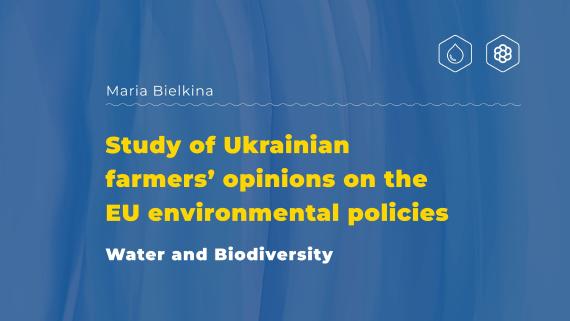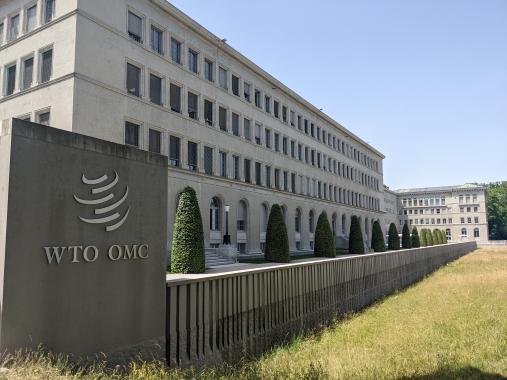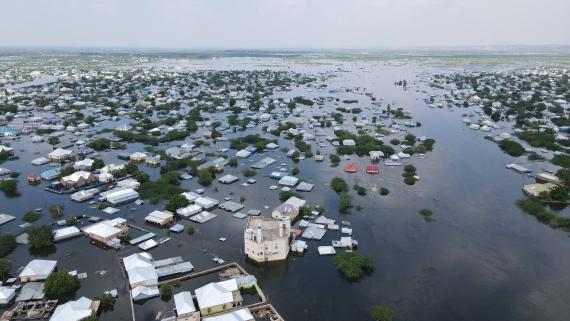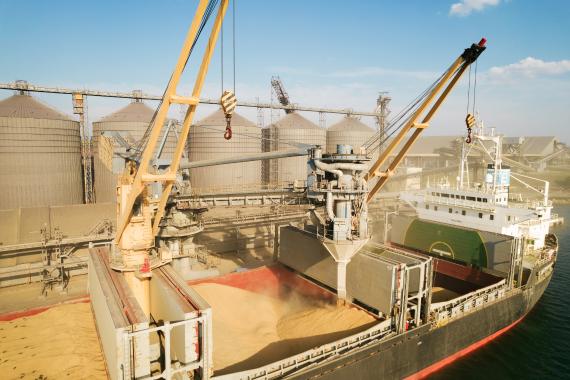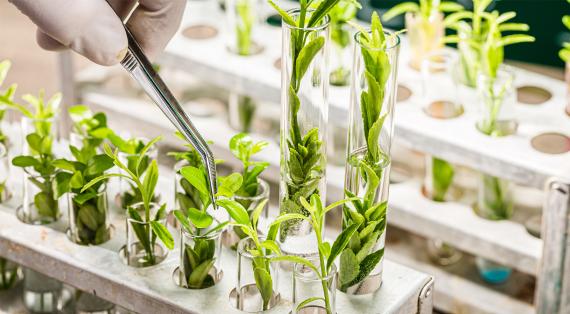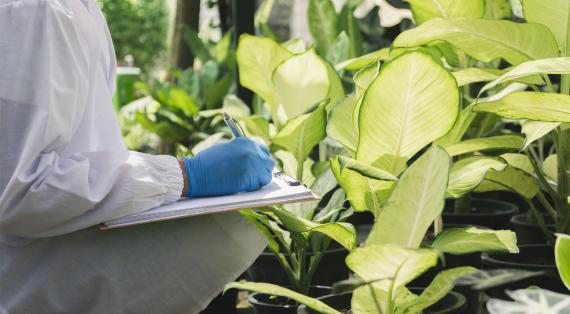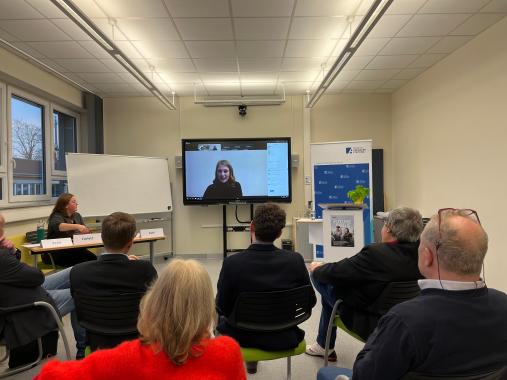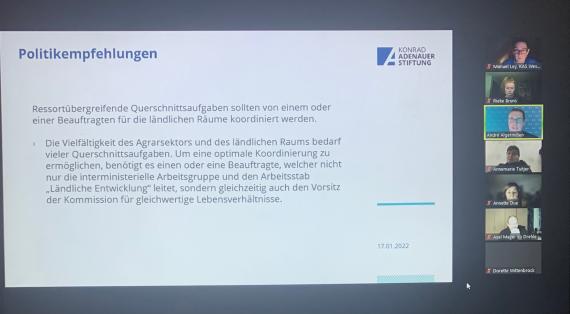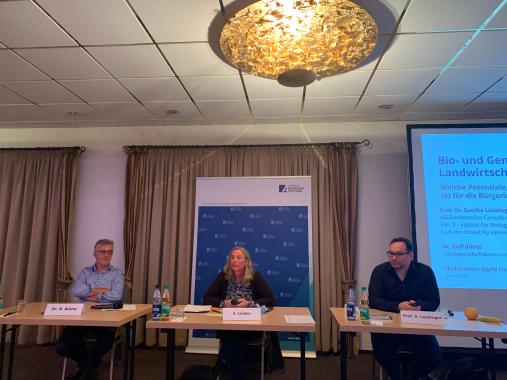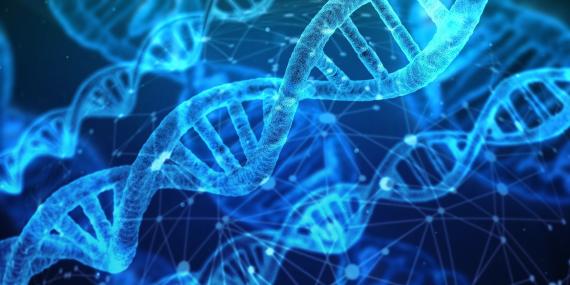Farmers deserve our respect. They produce safe and high-quality food at affordable prices. However, the European agricultural sector faces several major challenges in today’s rapidly changing world. To overcome these challenges, agriculture in the EU must be competitive, sustainable, and resilient.
At a glance
- The major challenge in making agriculture more sustainable is to protect the climate, environment, and resources while staying competitive.
- A productive and competitive farming sector is key to overall security. It reduces reliance on imports and ensures a high level of self-sufficiency.
- The Konrad-Adenauer-Stiftung sees innovation as essential for making agriculture more sustainable. To overcome existing conflicts on the topic, we promote dialogue between different interest groups.
Content
1. Agriculture as a key to a sustainable future
2. Food security through a competitive agricultural sector
3. The agricultural sector as a driver of innovation
4. Publications, events and media contributions on the topic
Agriculture as a key to a sustainable future
The human right to food and protection from hunger is a fundamental part of the United Nations’ 2030 Agenda for Sustainable Development. Beyond ensuring sufficient access to food and promoting healthy, balanced diets, the agenda aims to increase global agricultural productivity and make food production more sustainable.
Agriculture plays a crucial role in global food security but is also responsible for approximately 12 percent of carbon dioxide, 40 percent of methane, and 74 percent of nitrous oxide emissions worldwide. In this context, sustainable agriculture must tackle the challenge of ensuring necessary food production through economically viable practices while meeting essential social and environmental requirements.
At the same time, agricultural processes are already experiencing the significant effects of climate change. Extreme weather events such as droughts and heavy rainfall threaten the livelihoods of many farms, making adaptation measures necessary. Biodiversity loss in agricultural landscapes is also becoming increasingly apparent, as many animal and plant species lose their sources of food, as well as breeding and sheltering habitats. This loss of biodiversity undermines the resilience of agricultural systems and food security, putting the stability of entire ecosystems at risk.
Policymakers have recognised the urgent need for action, as reflected in the broad range of initiatives under the European Green Deal and the Common Agricultural Policy. The central challenge lies in reconciling climate, environmental, and resource protection with a competitive and resilient agricultural sector. The Konrad-Adenauer-Stiftung contributes constructively to this transformation by presenting the benefits of sustainable land use systems, such as agroforestry, through professional studies and by fostering dialogue between the agricultural sector, the scientific community, and environmental organisations.
Food security through a competitive agricultural sector
Russia’s war of aggression against Ukraine has triggered a paradigm shift: food security like energy supply, is now regarded as a security policy challenge. Consequently, ensuring supply security has once again become a core responsibility of farmers. The risk of disrupted supply chains and price volatility in agricultural markets threatens the resilience of global food systems.
A competitive and productive agricultural sector that ensures a high level of self-sufficiency and avoids one-sided import dependencies is a key part of comprehensive security policy. Strengthening regional value chains does not mean promoting protectionism or isolation. Instead, the Konrad-Adenauer-Stiftung supports free trade and shows in its publications and expert discussions that international agricultural trade is a vital tool for stabilising fragile supply chains and opening new markets for domestic products.
The agricultural sector as a driver of innovation
Digitalisation helps modernise work processes and boost the efficiency of farms. At the same time, new methods that improve animal welfare and cut down on fertilisers and pesticides support more sustainable farming and make Germany a leader in innovation.
Genomic methods offer promising biotechnological approaches for plant breeding. They help plants better adapt to climate change, improve environmental protection, and increase yields, an important advantage as the global population grows.
Innovations succeed only if society accepts and uses them. That is why we focus on spotting conflicts, promoting dialogue between different groups, and creating clear recommendations.








